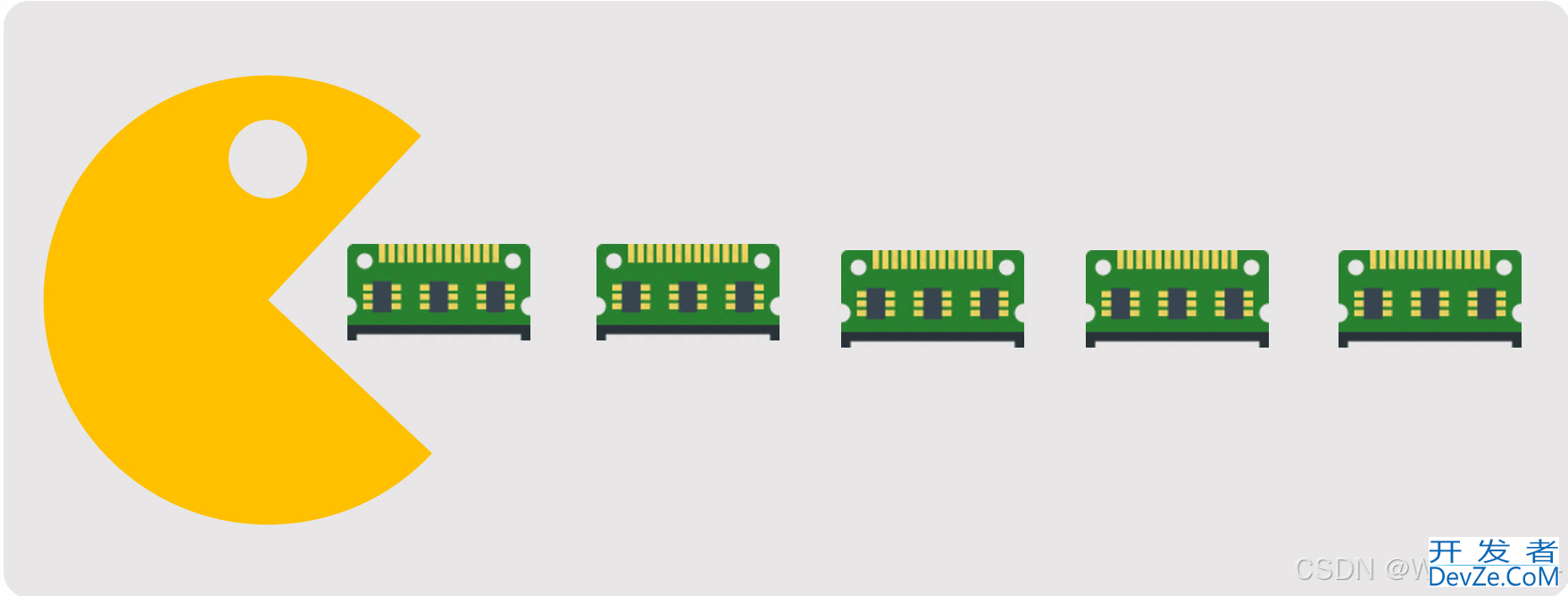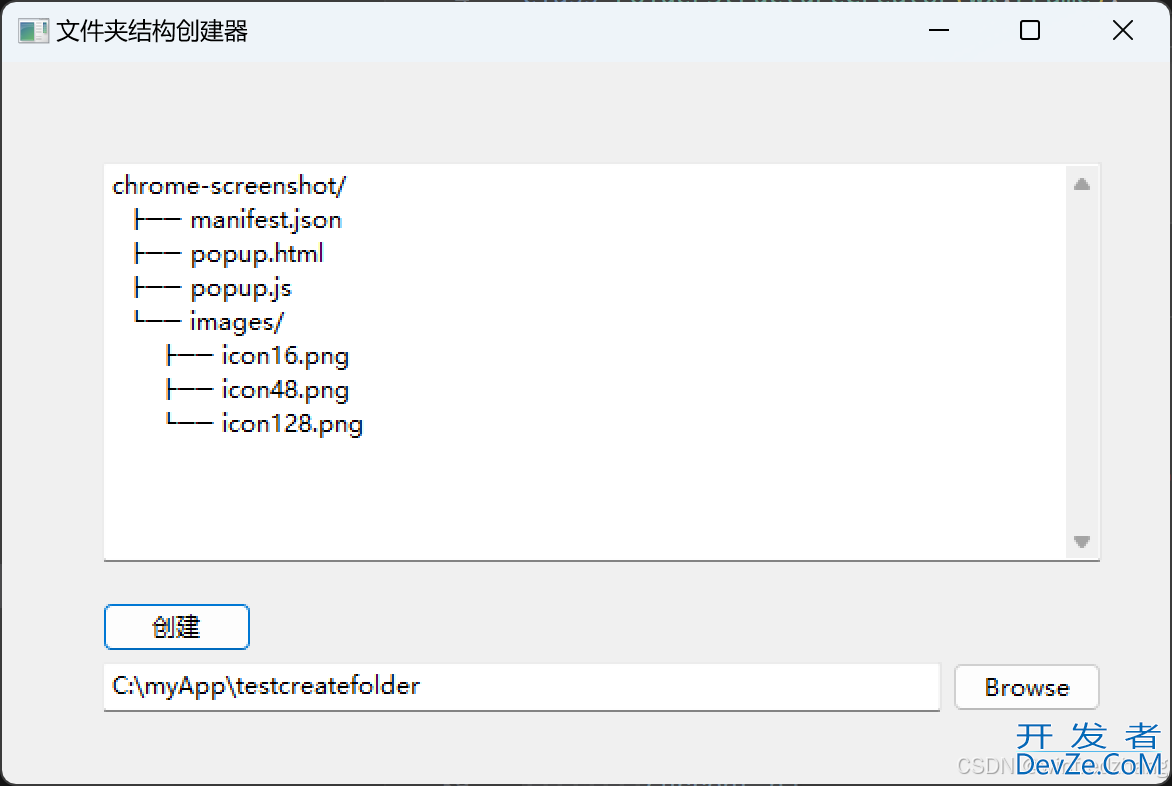目录
- 封装类型以Long为例,基础类型以long为例
- 1 比较equals与==
- 2 速度equals与==哪个更快呢?
- 总结
封装类型以Long为例,基础类型以long为例
1 比较equals与==
@Test
public void testEquals() {
Long l1 = 10000L;
long l2 = 10000l;
Long l3 = 10000l;
// 封装类型与基础类型==比较的时候,封装类型会自动转成基本类型做比较
System.out.println(l1 == l2); // true
System.out.println(编程客栈l1 == l3); // false
System.out.println(l1.longValue() == l3.longValue()); // true
}
总结1:如果使用==号比较,需要把1侧的类型转成基础类型
2 速度equa编程客栈ls与==哪个更快呢?
@Test
public void testFast() {
// string的equals和long的equals,哪个更快
int N = 1000000;
long[] l1 = new long[N];
long[] l2 编程客栈= new long[N];
Long[] data1 = new Long[N];
Long[] data2 = new Long[N];
String[] str1 = new String[N];
String[] str2 = new String[N];
long j = 0;
for (int i = 0; i < N; i++) {
data1[i] = j;
data2[i] = j;
str1[i] = String.valueOf(j);
str2[i] = String.valueOf(j++);
}
js compareL(l1, l2, N); // 10
compareLong1(data1, data2, N); // 100
compareLong(data1, data2, N); // 600
// 总结:Long1.longValue()==Long2.longValue() 比 Long1.equals(Long2) 更快
compareStr(str1, str2, N); // 1000
}
public void compareL(long[] data1, long[] data2, int N) {
long startL = System.currentTimeMillis();
for (int i = 0; i < 100; i++) {
for (int j = 0; j < N; j++) {
if (data1[j] == (data2[j])) {
}
}
}
long endL = System.currentTimeMillis();
System.out.println("compareL tasks times :" + (endL - startL));
}
public void compareLong(Long[] data1, Long[] data2, int N) {
long startL = System.currentTimeMillis();
for (int i = 0; i < 100; i++) {
for (int j = 0; j < N; j++) {
if (data1[j].equals(data2[j])) {
}
}
}
long endL = System.currentTimeMillis();
System.out.println("compareLong tasks times :" + (endL - startL));
}
public void compareLong1(Long[] data1, Long[] data2, int N) {
long startL = System.currentTimeMillis();
for (int i = 0; i < 100; i++) {
for (int j = offwoiXlk0; j < N; j++) {
if (data1[j].longValue() == data2[j].longValue()) {
}
}
}
long endL = System.currentTimeMillis();
System.out.println("compareLong tasks times :" + (endL - startL));
}
public void compareStr(String[] data1, String[] data2, int N) {
long startL = System.currentTimeMillis();
for (int i = 0; i < 100; i++) {
for (int j = 0; j < N; j++) {
if (data1[j].equals(data2[j])) {
}
}
}
long endL = System.currentTimeMillis();
System.out.println("compareStr tasks times :" + (endL - startL));
}
总结
通过compareLong1和compareLong对比,可以发现在保证数据正确的前提下,==比equals的速度要快。
结合总结1,我们可以在封装类型比较多时候,使用l1.longValue() == l2.longValue();
以上就是Java封装类型与基础类型对比示例分析的详细内容,更多关于java封装类型基础类型对比的资料请关注编程客栈(www.devze.com)其它相关文章!









 加载中,请稍侯......
加载中,请稍侯......
精彩评论